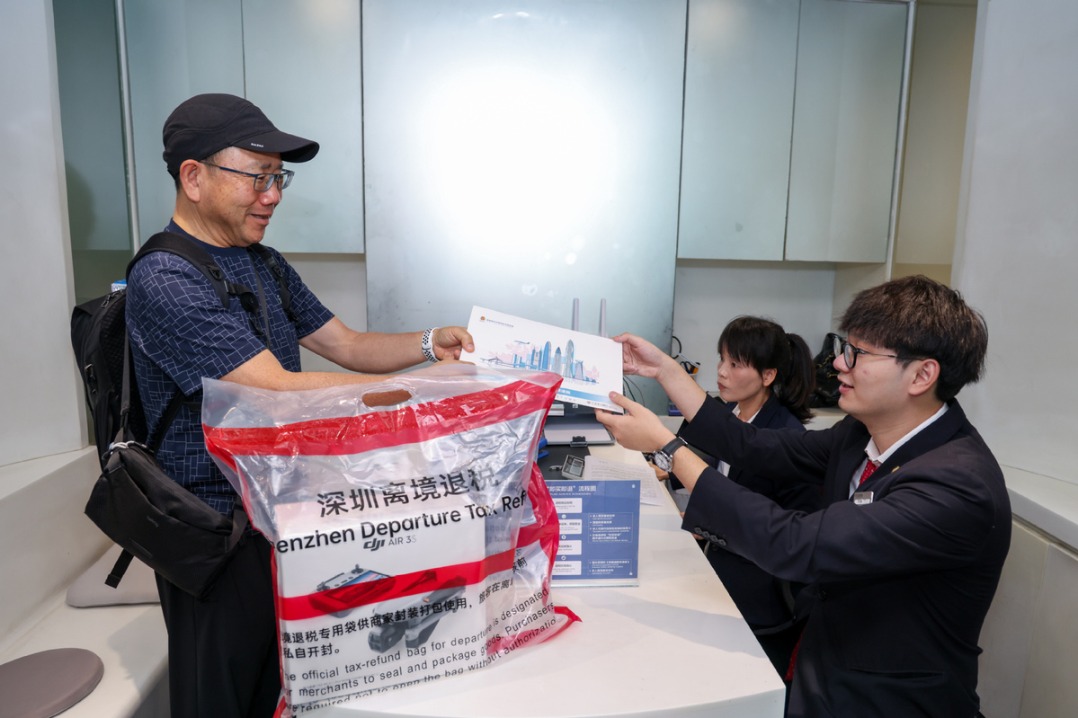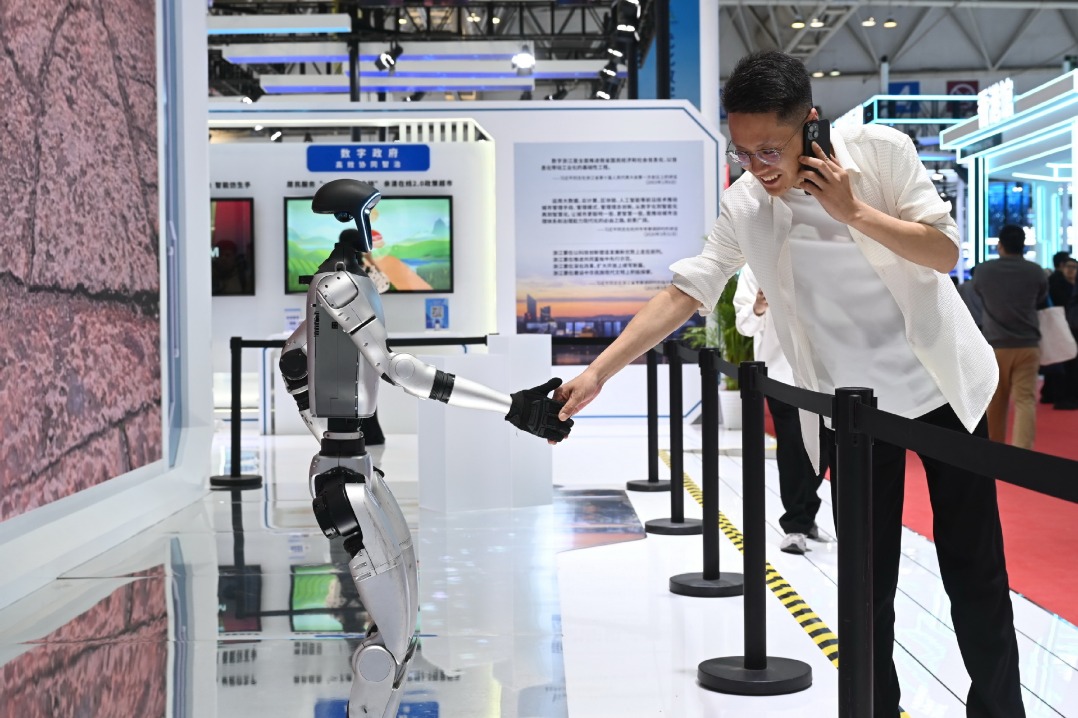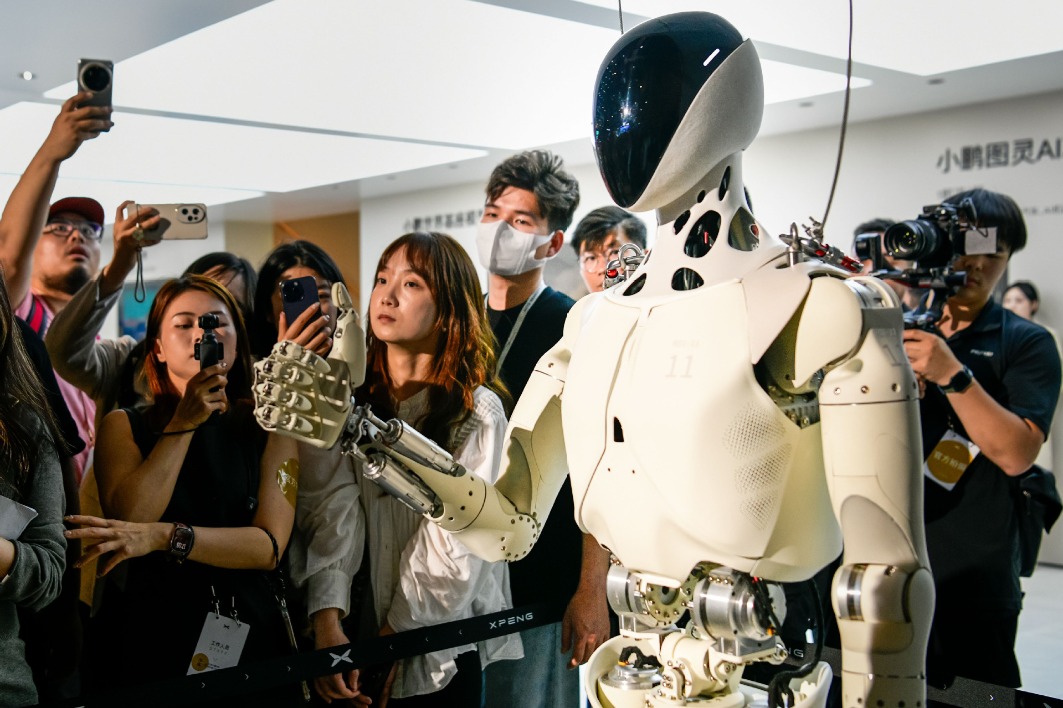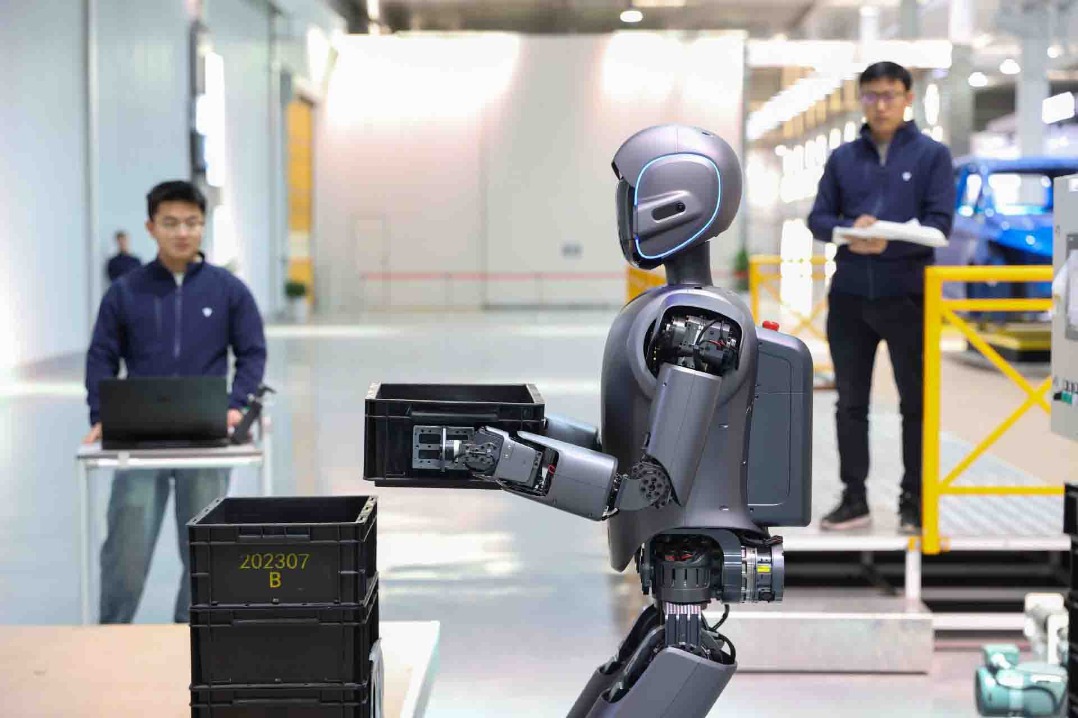ScienceOne AI platform to accelerate scientific breakthroughs

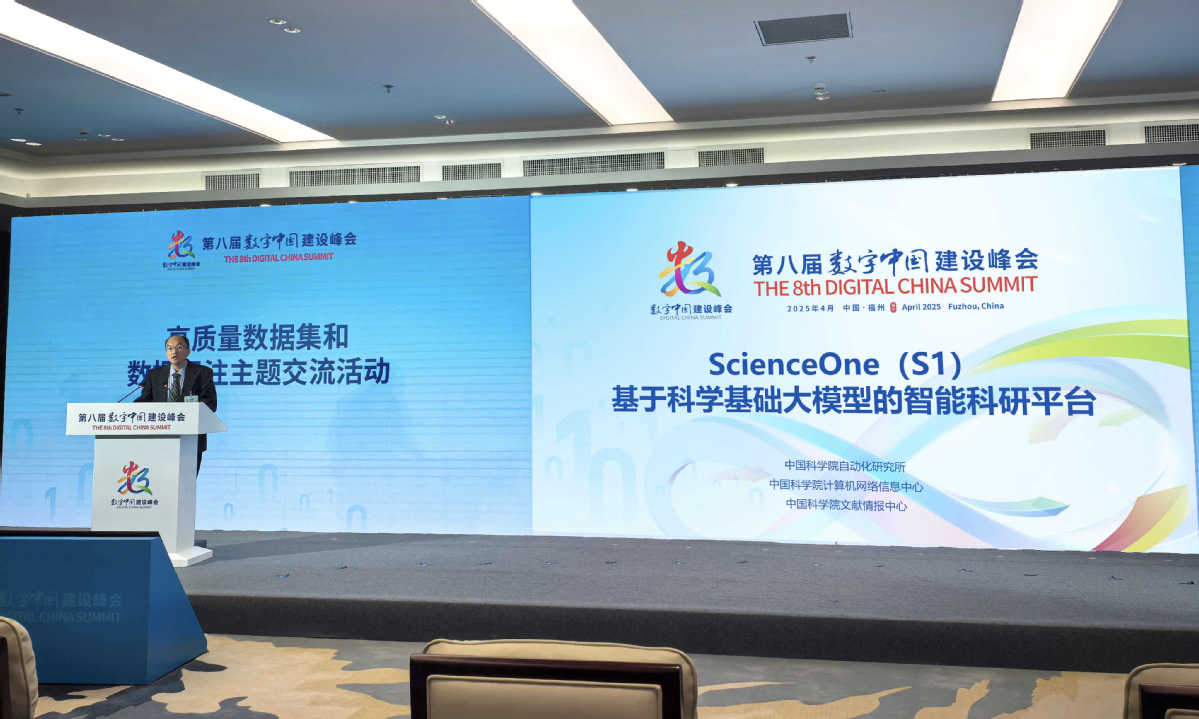
The Chinese Academy of Sciences unveiled ScienceOne, an artificial intelligence platform designed to transform how researchers tackle complex challenges in fundamental science fields such as mathematics, physics and biology.
Unveiled on April 29 and developed by CAS's Institute of Automation, the platform streamlines tasks ranging from literature reviews to lab experiments, addressing bottlenecks in traditional research methods.
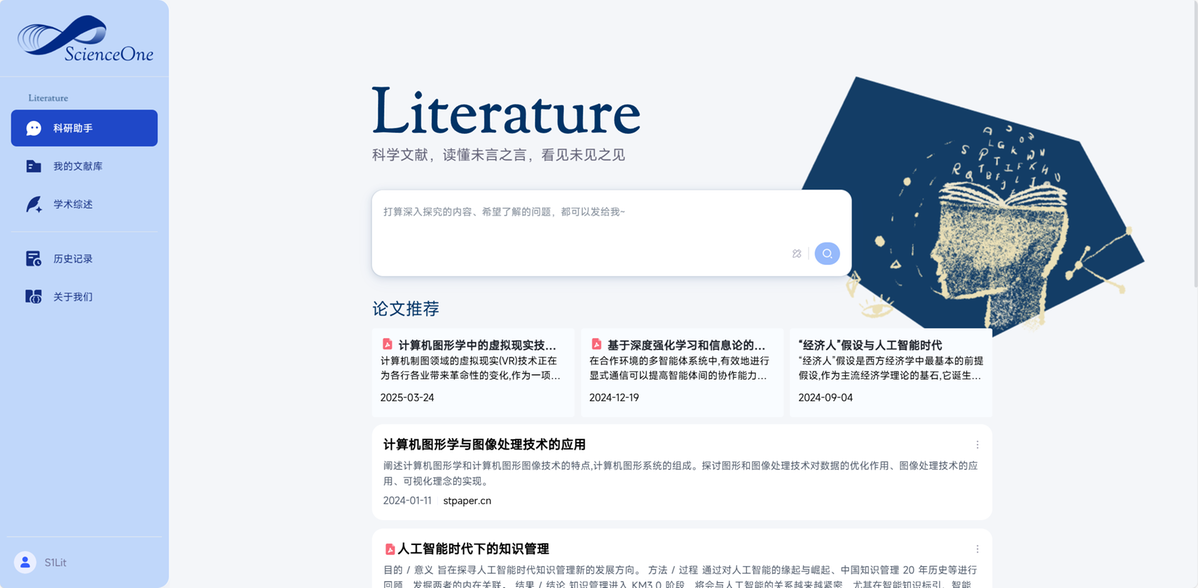
ScienceOne introduces two innovations — an AI-powered literature assistant that scans thousands of academic papers to draft summaries and identify research trends, and a "smart lab manager" that automates tasks like protein design by coordinating specialized models and lab tools. For instance, scientists can request a protein sequence analysis, and the platform will plan and execute the steps autonomously.
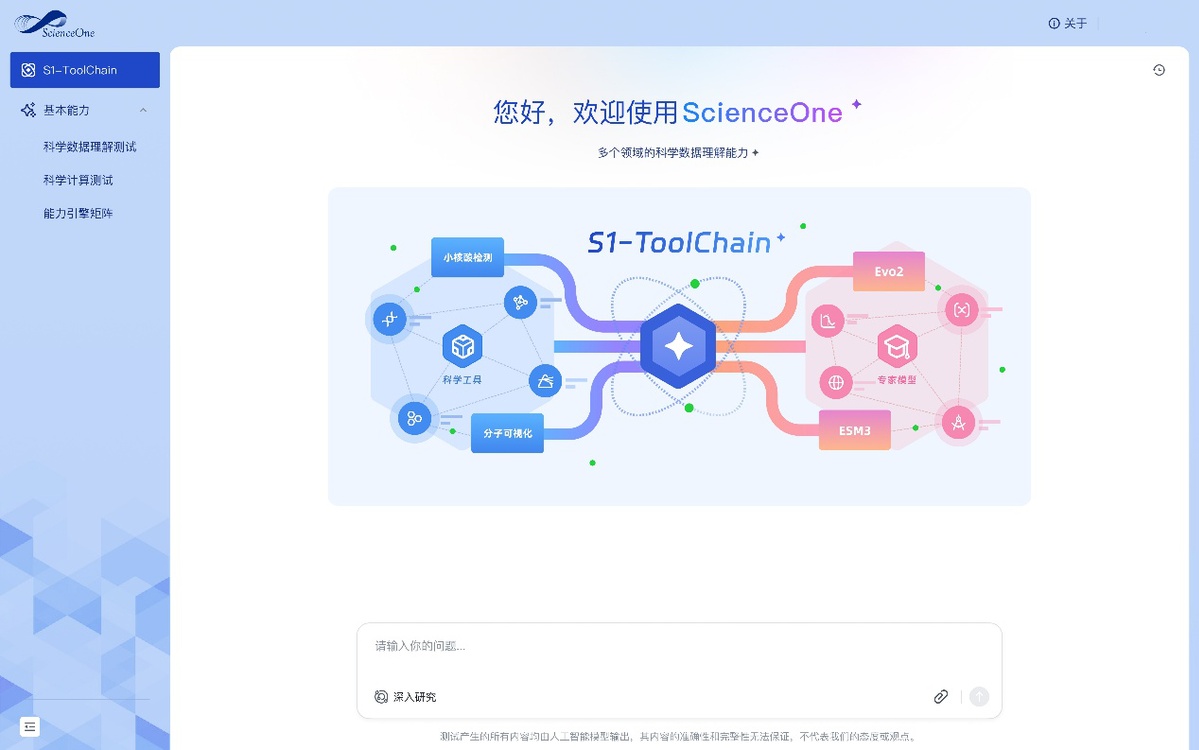
"This isn't just about speed — it's about reimagining how discoveries are made," said Professor Zeng Dajun, deputy director of the institute. "We're merging human creativity with AI precision to solve problems once deemed impossible."
Trained on vast scientific databases, ScienceOne reduces errors common in generic AI tools, particularly in fields like physics and materials science. It currently integrates over 300 research tools, including equation solvers and engineering simulators. Later this year, CAS plans to open-source parts of the technology, inviting global researchers to collaborate on AI-driven science, according to the institute.
The launch underscores China's push to lead in smart research infrastructure, aiming to shave years off projects like drug development and climate solutions. "The future of science isn't just human or machine—it's both, working as one," Zeng said.

















